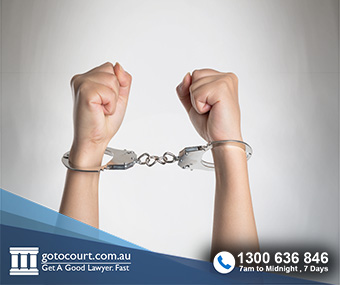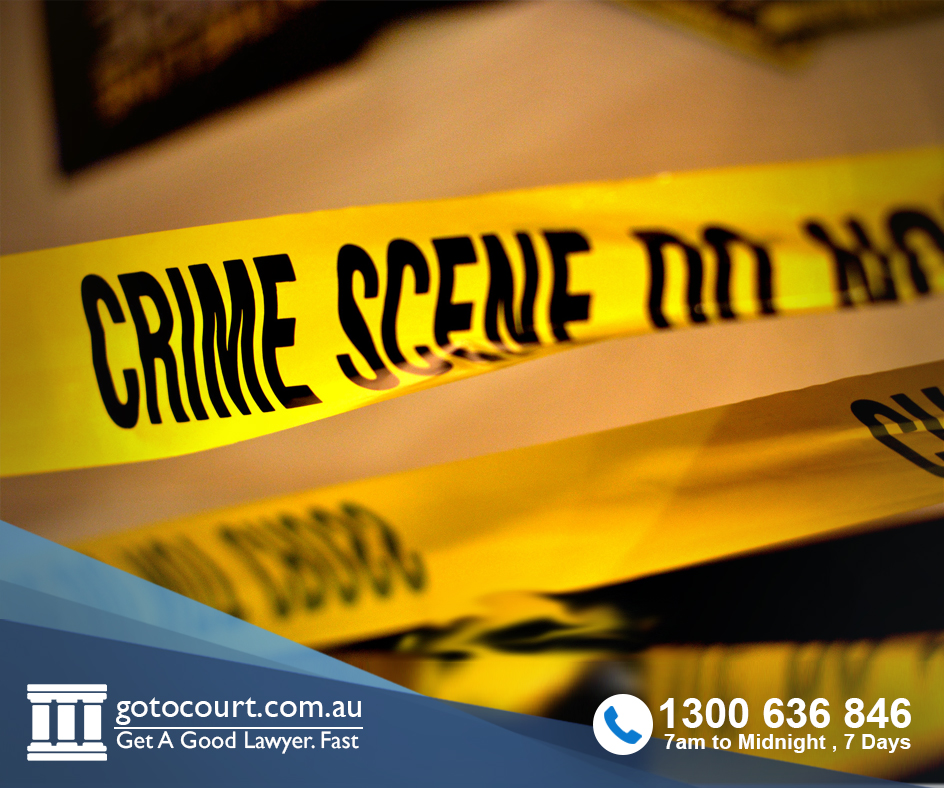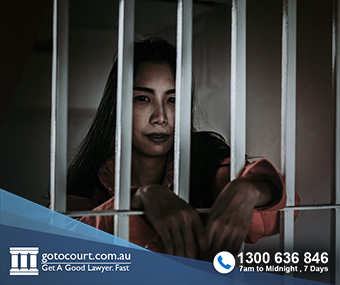Drug Offences in Tasmania
The laws relating to the regulation of drugs and associated drug offences in Tasmania are contained in the Poisons Act 1971, the Criminal Code Act 1924 and the Misuse of Drugs Act 2001. Those acts contain various criminal offences relating to the possession, supply, manufacture and cultivation of illicit drugs. This article outlines some of the main drug offences in Tasmania.
Categories of drug
These Acts specify different categories of drugs to which different rules and penalties apply.
These categories include:
- narcotic substances (certain prescription drugs)
- controlled plants (cannabis, opium poppy, kratom, salvia divinorum), and
- controlled drugs (listed in Part 2 of Schedule 1 in the Misuse of Drugs Act).
The penalties that apply to drug offences depend upon the quantity and type of drug involved, and the criminal record and personal circumstances of the person who commits the offence. In Tasmania, a person who is found in possession of up to 50 grams of cannabis may be able to avoid criminal charges. In these instances, a person may be given a caution; however, no more than three cautions can be issued to any one person over a 10 year period.
Manufacturing and cultivation
A number of different drug offences in Tasmania apply to the manufacture and cultivation of illegal drugs.
- Precursors are substances that are known to be used in the manufacture of illegal drugs. The possession, sale or manufacture of them is a crime with a maximum penalty of imprisonment for up to 21 years.
- Cultivating a controlled plant carries a maximum penalty of a fine of 50 penalty units and/or two years imprisonment. If the plant is grown for sale, the possible penalty increases to 21 years imprisonment.
- Possession of any equipment, instruction or other thing for use in the manufacture of a controlled substance or for the cultivation of a controlled plant carries a maximum penalty of imprisonment for 21 years.
Possessing and using
‘Possession’ doesn’t just mean that the drug is in someone’s personal possession. It includes where it is on any land or premises occupied, used by, or available to, a person, unless they prove that they did not know that it was there. It can include places like a car, a bag, a room or a locker. You can be charged if someone else’s drugs are found in your house if you are aware that they are there.
It is also illegal to possess prescription drugs unless they have been legally prescribed to you. The maximum penalty is a fine of 50 penalty units or two years imprisonment.
It is an offence to possess pipes or other utensils for use in preparing, smoking, inhaling, administering, or taking illegal drugs. The maximum penalty is a fine of 50 penalty units.
The maximum penalty for the possession, smoking, or use of a controlled plant or drug is a fine of 50 penalty units, two years imprisonment, or both.
Sell and supply
The police can charge a person with supply if they sell illegal drugs or if they offer to sell them to someone even if they don’t go through with the sale. ‘Supply’ in relation to drug offences in Tasmania includes:
- offering or agreeing to supply an illegal drug or plant, and
- administering it by any means.
Supply also includes deemed supply. If the drugs are over a certain weight (even if you say that they are for your personal use), the law presumes that they are for supply unless you can prove otherwise. The particular quantity or weight of the drugs that will amount to supply varies from drug to drug. The maximum penalty for supply is a fine of 100 penalty units, or four years imprisonment, or both.
Examples of prescribed quantities include:
- amphetamines – 25g
- cannabis – 1kg or 20plants or 20 packages
- cannabis resin or oil – 25g
- cocaine – 25g
- poppy plant material – 100g or 500 plants
- heroin – 25g or 20 packages.
Trafficking
‘Trafficking’ includes doing, or authorising, directing, causing, permitting, or allowing, any of the following:
- offering or exposing the drugs to someone for sale
- having the drugs in possession, or keeping the drugs, for sale
- bartering or exchanging
- delivering or agreeing to sell
- sending, delivering, forwarding, or receiving for sale.
It also includes:
- preparing drugs to be sold (for example, by cutting them or putting them in plastic bags)
- making arrangements to meet someone who wishes to buy drugs
- transporting the drugs to sell them or for someone else to sell them
- guarding or hiding the drugs with the intention of selling them or doing so for someone else who intends to sell them
- having drugs that you intend to sell, or
- making or growing drugs to sell in the future.
The maximum penalty for trafficking, procuring a child for trafficking, or supplying drugs to a child is 21 years in prison.
Other drug offences in Tasmania
If you fail to provide information to the police when requested, including from whom an illegal drug or plant was bought, the maximum penalty is a fine of up to 10 penalty units.
If you require legal advice or representation in any legal matter, please contact Go To Court Lawyers.








